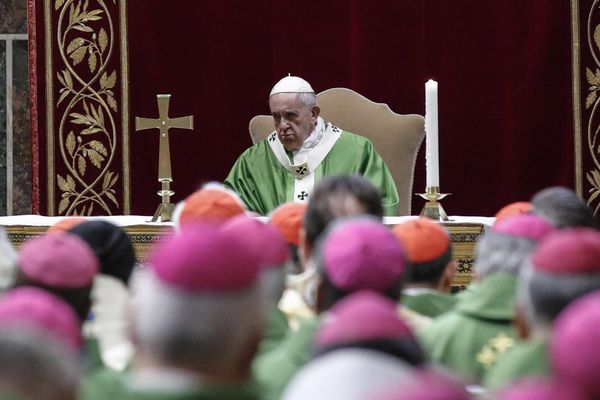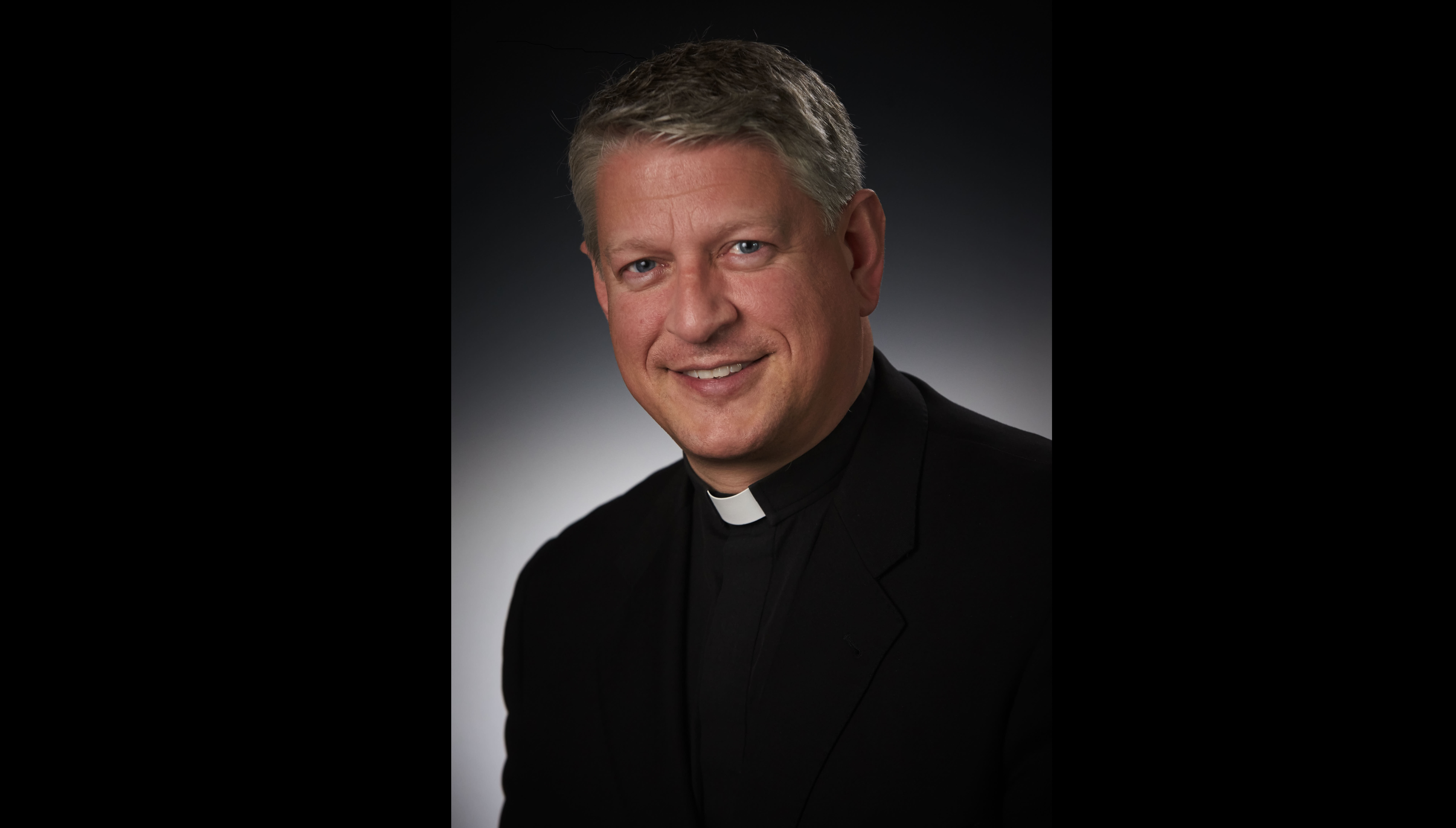Le Moyne Expert: Pope Francis Is Caught between Crisis and Collegiality (commentary)
By Rev. David McCallum
The Rev. David McCallum, S.J., is the vice president for mission integration and development at Le Moyne College. In May, he will be facilitating a leadership course for senior Vatican officials, heads of religious orders and other Church leaders in Rome. The Rev. David McCallum | Special to Syracuse.com When the founder of the Society of Jesus, St. Ignatius of Loyola, was asked, “what is a Jesuit?” he responded, “It is to know that one is a sinner loved by God.” For many people, it is a challenge to accept that two, seemingly contradictory statements such as this could be true at the same time; for them, reality is perceived in black and white terms. Either I am a sinner and, therefore, lost, or loved by God, and saved. However, the capacity for holding paradoxical truths is at the very heart of Christianity, which espouses the belief that Jesus was both human and divine, that faith and reason complement, rather than cancel out one another, and that mercy and justice go hand in hand. This “both/and” way of thinking, relating and acting is constantly on display in another Jesuit, Pope Francis. But at this juncture in the Catholic Church’s history, it must be exercised even more rigorously in the way he leads the church through the twin crises: clergy sexual abuse and the subsequent mismanagement and cover-up by some church leaders. At the moment, most U.S. Catholics demand more urgent and bold action than Pope Francis is currently demonstrating. There is no doubt that the recent international bishops’ summit in Rome hosted by Pope Francis was a disappointment, particularly for the survivors of clergy sex abuse. Prior to the meeting, the high expectations for decisive action were justifiable, even if at the same time unrealistic, given the complex and global nature of the Catholic Church, and the confusing nature of papal power. While Pope Francis clearly and unequivocally condemned both sexual abuse and the subsequent failure of pastoral leadership by bishops, not one survivor advocacy group expressed satisfaction with the outcomes of the gathering. This is understandable. Yes, his attention to the spiritual conversion of bishops to a deeper understanding of these crises is essential. And many U.S. Catholics were looking for more concrete accountability expressed through the punishment of offending priests and bishops, a more meaningful commitment to the support of survivors, and a zero-tolerance promise that assures these abuses would never happen again.
When I consider this unconscionable abuse, I also feel impatience and high expectation for deep change, even as I also acknowledge human weakness and the impossibility of perfect leadership or a perfect organization. Personally, as a fellow Jesuit and someone who studies the field of leadership, I am inspired by Pope’s Francis’ example of spiritual maturity and depth, and appreciate the overwhelming challenge he faces as he undertakes such a complex role in an ancient, global organization. But the current state of affairs in the church is not acceptable, no matter how challenging it may be to change. In order to manage this challenge, Pope Francis discerns how to exercise his influence using an essential principle from the Catholic tradition. Where in the face of the geo-political forces of communism and conflicting interpretations of Vatican II, his immediate predecessors tended to centralize and concentrate the power of the papacy, Pope Francis calls bishops to observe what the church refers to as “synodality.” Synodality is a more decentralized, inclusive and collegial manner of reflection, decision-making and governance. The synodal approach is time- and process-intensive and avoids quick fixes that make promises to do the impossible. Instead, it takes into account the human condition and the need for grace. It is no surprise that we deeply desire more responsiveness and urgent action than this process allows. The double bind I see is that in the decentralized and collaborative spirit of synodality, Pope Francis avoids imposing his will on bishops at the local level. As a result, he has left urgent crisis management responsibilities to those who often lack experience, expertise and the judgment necessary to lead in these complex and immediate crises. This lack of qualified church leadership is a serious problem in the U.S. and around the world. Pope Francis needs to discern what he must do not only in promoting a more collegial, participatory governance of the church over the long term, and also meet immediate needs at the local level. One way to proceed is with more support from competent lay people. Linda Le Mura, president of Le Moyne College, has written very persuasively on the vital importance of more inclusion of lay leaders in the work of repairing the church. In a very positive sign of hope, Rev. Hans Zollner, S.J., the president of the Commission of Child Protection at the Gregorian University in Rome, just announced this past weekend that it will be deploying such expert resources in the form of task forces to dioceses and regions where this support is needed. At this painful juncture in her history, it is essential that Pope Francis and all who hold authority in the Catholic Church take the long view, working toward greater, more collegial, inclusive and collaborative governance, and that they understand the need for prompt and decisive crisis management at this very moment. For some Catholics, it is not soon enough. For the rest of us, we will need to lean into the work over the decades it will take to heal, reform and renew the church.
|
.
Any original material on these pages is copyright © BishopAccountability.org 2004. Reproduce freely with attribution.

